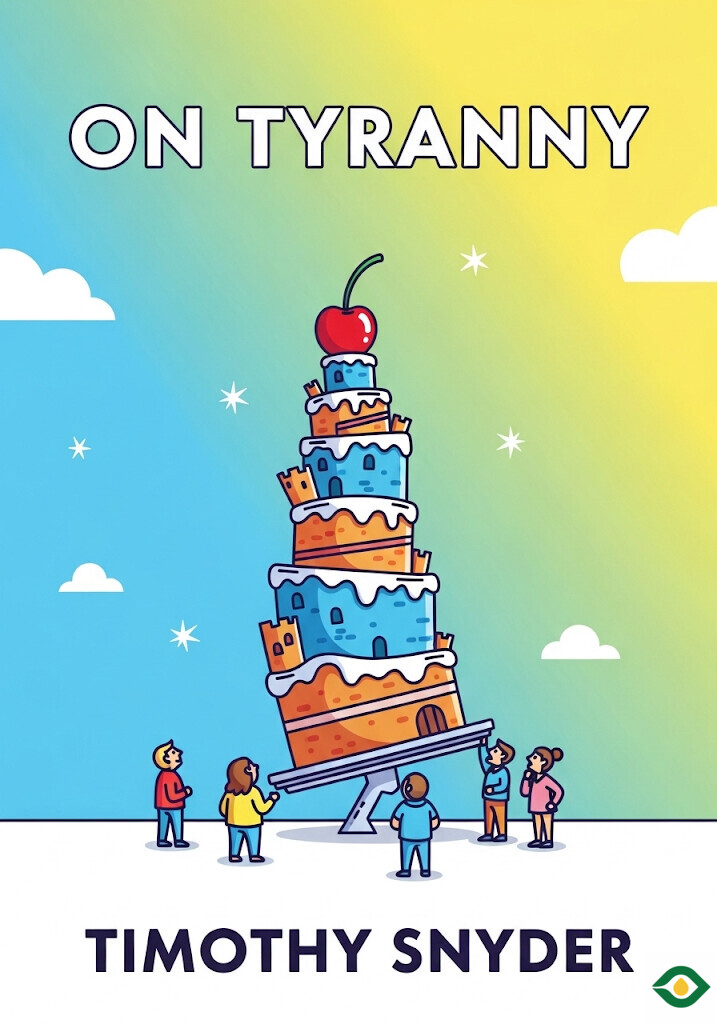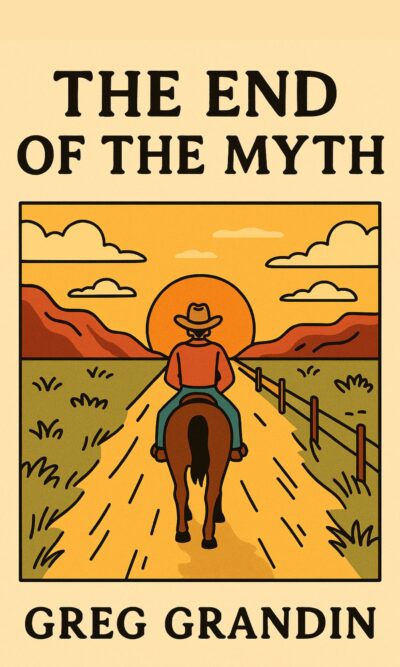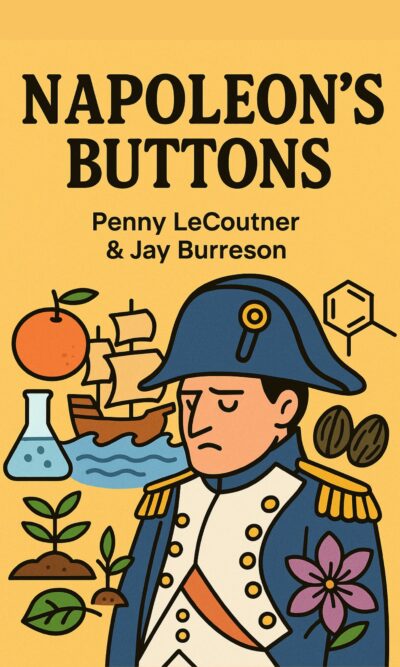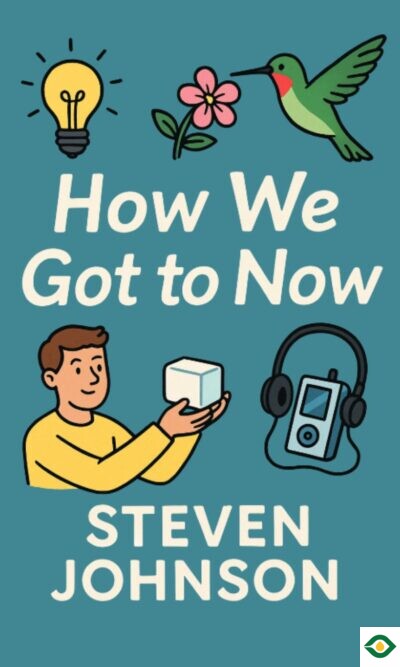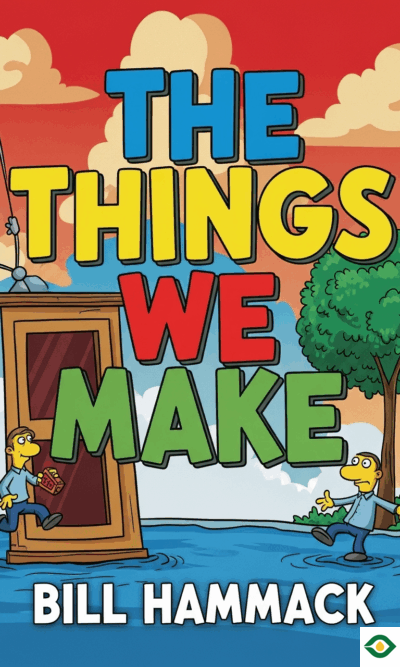Description
Tyranny is not only a story from the past. Many people once thought that after the horrors of the twentieth century—fascism, Nazism, and communism—the world had learned its lesson forever. Progress seemed natural, as if democracy and peace were permanent. But history never promises safety. Tyranny can return in new forms, often quietly, and the responsibility of resisting it belongs to ordinary people.
The first lesson is to stay politically active. Tyranny rarely arrives through sudden violence at first; instead, it slips in through politics. In many countries, authoritarian leaders rose to power not by foreign invasion but from within, using legal systems to destroy democracy step by step. They used tricks, propaganda, and force to push aside their opponents. Citizens often didn’t notice the danger until it was too late. This is why every person’s action matters. Voting in local and national elections, protecting fair systems like paper ballots, and even considering community leadership are all ways to prevent one single power from controlling everything. Vigilance also means paying attention to armed groups or private militias that serve political figures. These are red flags. History shows us that private forces are often used to silence opponents and spread fear.
Another warning sign is language. Tyranny grows stronger when dangerous words and symbols are allowed to spread without challenge. In Nazi Germany, painting Jewish businesses with labels did not just express racism—it also encouraged greed and competition, because other shop owners saw opportunity in their neighbors’ destruction. What seemed like simple signs became tools for hatred and violence. The lesson is clear: we must resist when political movements create symbols or slogans that exclude or target others. Even if it feels small, staying silent or going along makes people complicit. A single shopkeeper placing a party slogan in his window, even if he did not believe it, gave strength to the system that demanded conformity. Refusing to display or repeat harmful symbols is a simple but powerful act of resistance.
Propaganda is another path tyranny takes. Lies are repeated again and again until they begin to sound like truth. Simple slogans and phrases can weaken independent thinking. In George Orwell’s 1984, language itself is narrowed so that people lose the ability to imagine alternatives. The same danger exists today when citizens allow politicians or media to feed them empty phrases. The antidote is to think for yourself. Books are especially important, because they give depth, context, and complexity. They show us lives unlike our own and reveal truths that cannot be squeezed into a slogan. Reading widely is a form of resistance. If cutting off the internet entirely isn’t realistic, at least diversifying sources and questioning what you hear helps protect your independence.
Tyranny also relies on breaking down community bonds. When people become isolated, staring at devices and avoiding contact, they become easier to control. Resistance grows when people look one another in the eye, speak, and work together across differences. The example of Poland in the late twentieth century shows this clearly. Workers and intellectuals joined forces, despite different backgrounds, to form a strong opposition against communist rule. They built a coalition that became millions strong. Though the government tried to crush it, the movement eventually played a central role in ending communism in Eastern Europe. The lesson here is that social unity, even between groups that don’t usually mix, can challenge oppressive power.
Privacy is another shield of freedom. In the digital age, giving away personal details carelessly weakens independence. Whoever holds that data—companies, governments, or foreign powers—can manipulate, shame, or control. The hacking of emails during the 2016 U.S. election showed how stolen information could disrupt politics and weaken democracy. Tyrants thrive when people treat violations of privacy as normal gossip rather than serious threats. Protecting your privacy—by securing devices, limiting oversharing, and choosing face-to-face conversation when possible—is not only personal safety, it is political safety.
Perhaps the greatest danger to freedom is the death of truth. When lies dominate, freedom soon disappears. The process often follows four steps. First, leaders openly attack the idea of truth itself, calling facts into question. Second, they repeat lies constantly, so that familiarity makes them feel believable. Third, they embrace contradictions without shame, promising impossible things as though logic no longer matters. Finally, they present themselves as the single savior, claiming to be the voice of the people. History shows how quickly people can fall for such illusions. Even those who first resisted eventually accepted lies as normal. Protecting truth requires constant effort: questioning what you hear, demanding evidence, and refusing to repeat falsehoods even when it seems easier to go along.
The deeper lesson of history is that tyranny always starts small. It rarely begins with dictatorship overnight. It begins when citizens decide their voice doesn’t matter, when they ignore troubling language, when they stop reading, when they accept surveillance, or when they give up defending truth. Every small surrender strengthens tyranny. Every small act of courage weakens it.
The book reminds us that the fight against tyranny is not about grand heroics but about daily choices. Looking your neighbor in the eye. Reading carefully instead of scrolling blindly. Asking questions instead of repeating slogans. Protecting privacy. Standing up against hate symbols. Supporting fair elections. Uniting with people who may be different from you. These actions might feel small, but together they create a wall against oppression.
History is not locked in the past. It is a guide. The same mistakes that once led to the rise of totalitarianism can repeat themselves if people forget. But the opposite is also true: by remembering, by learning, and by acting, people can prevent history’s darkest chapters from returning.
The message is simple: freedom is fragile, but it is also resilient when defended. Tyranny is not unstoppable; it is preventable. The key is awareness, courage, and community. Protecting truth, privacy, and human dignity is the responsibility of every person, every day.

